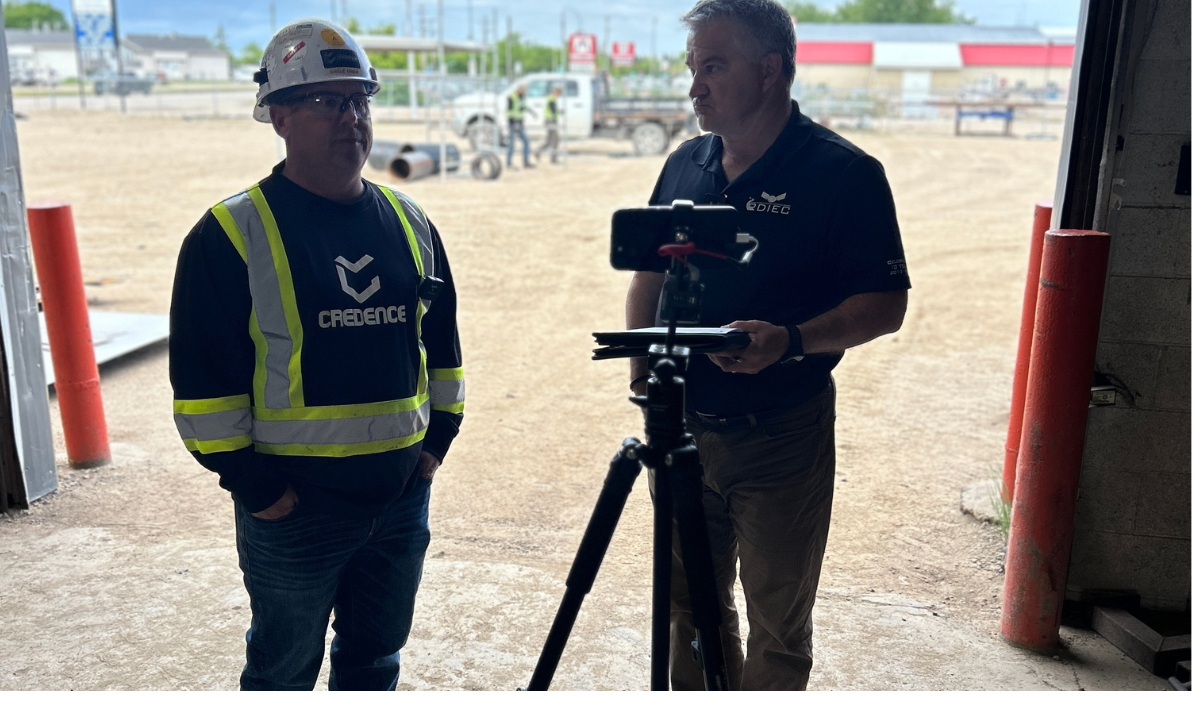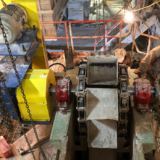Key Benefits of Utilizing Drafting Services for Agriculture and Industrial Facilities
Embarking on an agro-industrial project is like planting a seed; it’s the beginning of a growth journey that, with the right support, can flourish into something sustainable and productive. Utilizing professional drafting services is that nurturing support, ensuring your project’s foundation is as strong and efficient as possible. Dive into the world of drafting services and discover how they can turn your agricultural or industrial dream into a resilient reality.
Introduction to Drafting Services for Agro-Industrial Projects
Drafting services serve as the backbone of planning and development for agricultural and industrial facilities, offering a wide range of benefits that are crucial for any project. These services not only provide a detailed blueprint of your vision but also guide through intricate design processes to ensure functionality meets efficiency. With a vast understanding of both sectors’ unique demands, drafting professionals make it possible to bring complex projects to life with precision and creativity.
Enhancing Efficiency in Farm and Facility Layouts
The layout of a farm or industrial facility greatly impacts its efficiency and productivity. Drafting services specialize in creating designs that optimize the operation flow, minimize waste, and streamline processes. By carefully considering every aspect of the layout, from the placement of machinery to the flow of workers, drafting professionals ensure that facilities are not just spaces, but ecosystems designed for maximum efficiency.
Understanding the unique characteristics and requirements of agricultural and industrial spaces is key to enhancing their efficiency. Utilizing cutting-edge drafting software and technologies, specialists can simulate various layout scenarios, providing valuable insights into how different designs impact productivity and workflow.
Maximizing Space and Resources with Professional Design
In the realm of agriculture and industry, space is both a commodity and a constraint. Drafting services excel in making the most out of available space, designing facilities that not only cater to immediate needs but are also scalable for future expansion. This foresightful approach ensures that investments are not just timely but timeless, laying a foundation that supports growth and adaptation.
The art of maximizing space goes beyond physical dimensions; it also involves the efficient allocation of resources. From energy conservation strategies to sustainable material usage, drafting services incorporate green practices into their designs, promoting not just productivity but also environmental responsibility.
Navigating Regulatory Compliance with Expert Guidance
Regulatory compliance is a complex yet unavoidable aspect of constructing agricultural and industrial facilities. Drafting services provide invaluable guidance through this maze, ensuring that projects not only meet current regulatory standards but are also designed with an eye towards future compliance. This proactive approach helps avert costly and time-consuming legal challenges, allowing projects to proceed smoothly from conception through completion.
With an intimate understanding of local, national, and international regulations, drafting professionals can navigate the subtleties of compliance with expertise, ensuring that every aspect of the design adheres to the necessary standards. This expertise not only protects against legal and financial risks but also enhances the project’s credibility and sustainability.
The Role of Cutting-Edge Technology in Drafting
The evolution of drafting services is closely tied to advances in technology. From 3D modeling software to virtual reality, these tools have revolutionized how agro-industrial facilities are designed. By incorporating these technologies into their workflow, drafting professionals can offer clients a vivid preview of their projects, facilitating better decision-making and allowing for adjustments before ground is even broken.
Realizing Cost Savings Through Efficient Design
One of the most tangible benefits of utilizing drafting services for agricultural and industrial projects is the potential for significant cost savings. Through optimized design, not only in terms of space but also in the selection of materials and construction methods, drafting services can significantly reduce waste and minimize costs. These savings can then be redirected towards other aspects of the project or invested in innovative technologies that further enhance efficiency and productivity.
Efficient design often means thinking outside the box, and this is where the expertise of drafting services comes into play. By challenging traditional approaches and utilizing the latest in design technology, drafting professionals can uncover cost-saving opportunities that might otherwise be overlooked.
Case Studies: Success Stories in Agriculture and Industry
The impact of professional drafting services is best illustrated through case studies that highlight their contributions to successful agro-industrial projects. From transforming outdated facilities into modern, sustainable complexes to designing state-of-the-art agricultural establishments from the ground up, these case studies showcase the transformative power of expert drafting services.
Cultivating Success with Drafting Services
As we’ve explored the myriad ways drafting services can uplift and transform agro-industrial projects, it’s clear that the value they offer spans far beyond simple design tasks. From enhancing efficiency and maximizing space to navigating regulatory landscapes and leveraging technology, the support of drafting professionals is indispensable. They are the architects of the agricultural and industrial world, plotting the course for sustainability, innovation, and growth. Embarking on a project with a drafting service by your side is a step into a future where challenges are met with smart, design-forward solutions.



